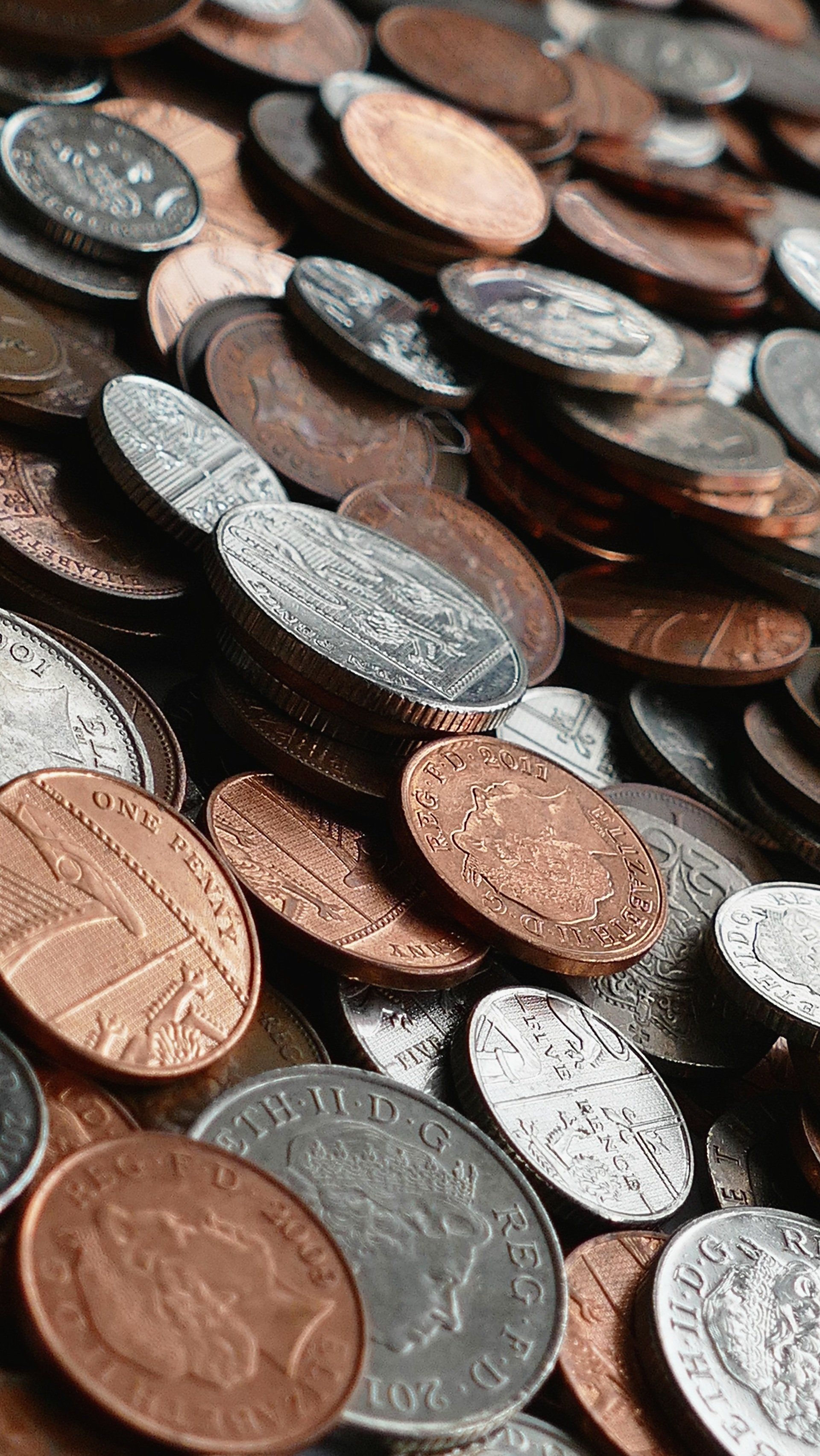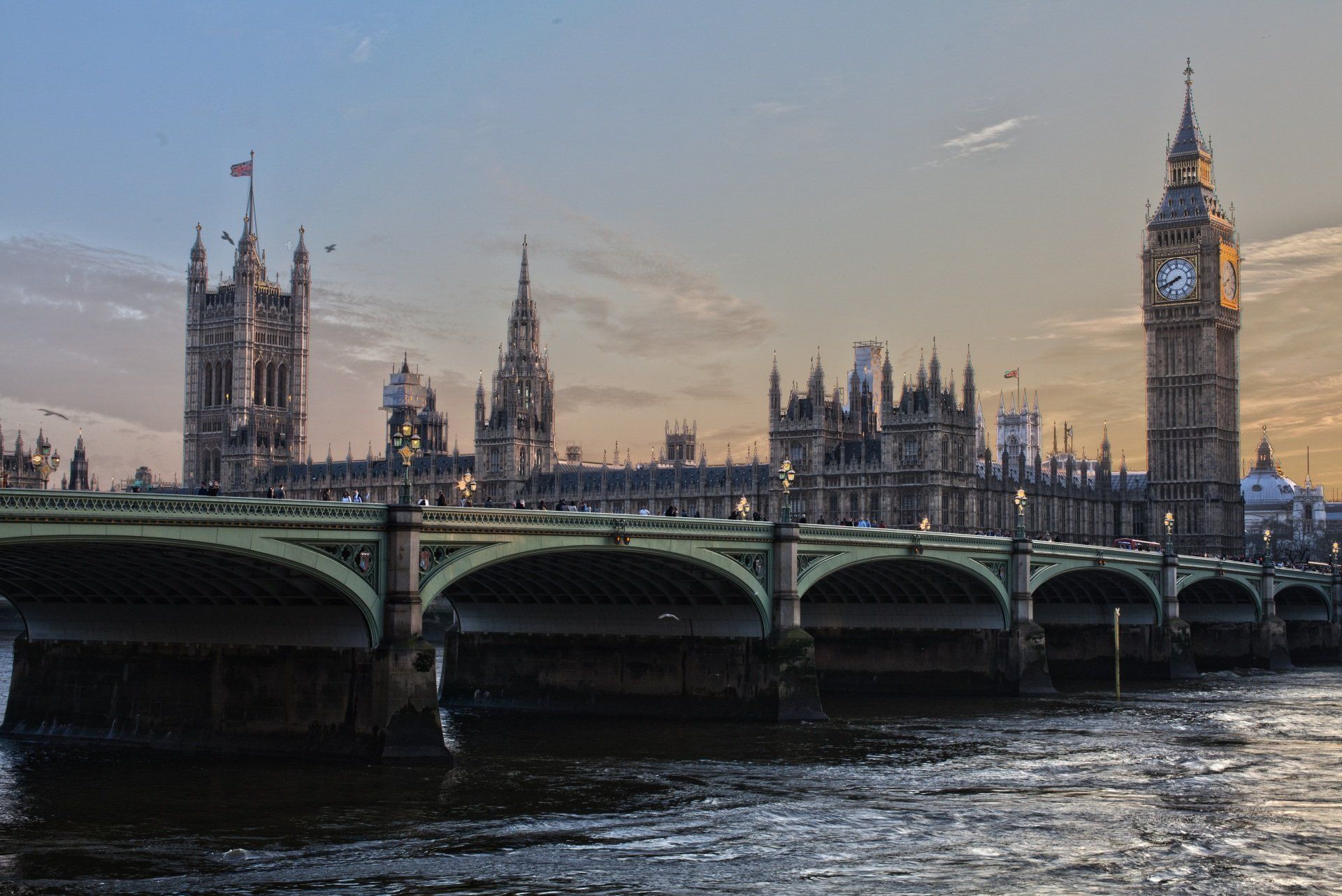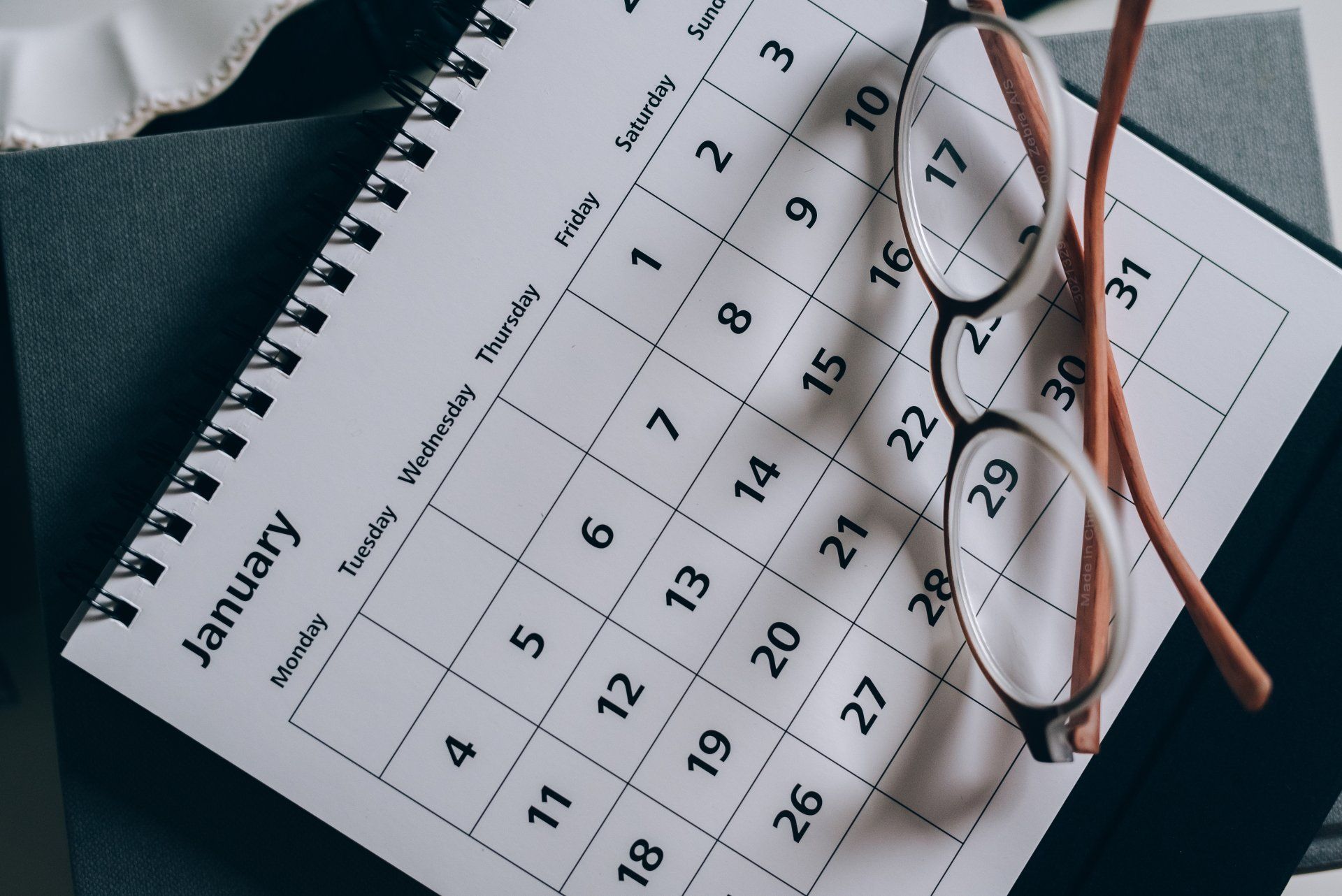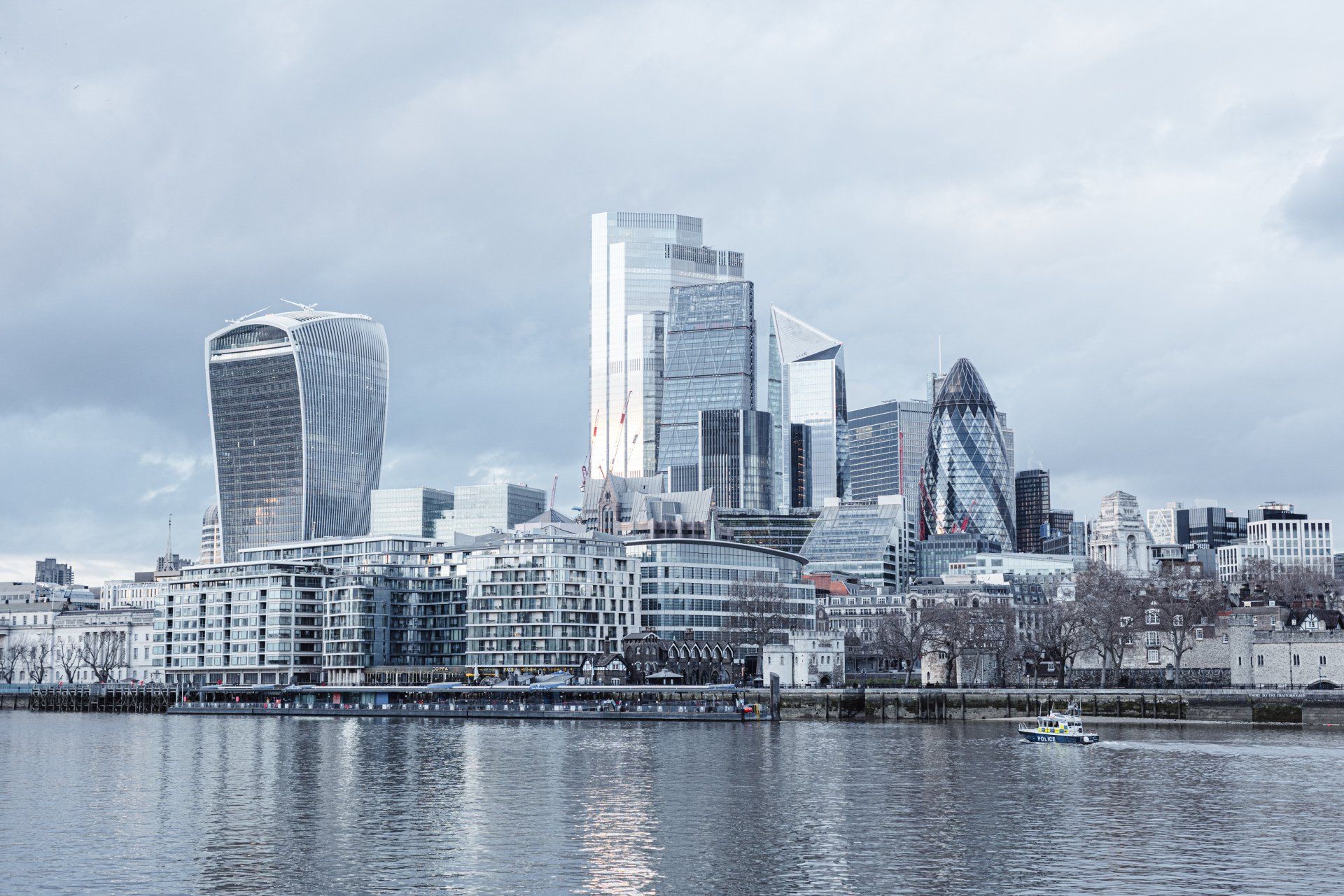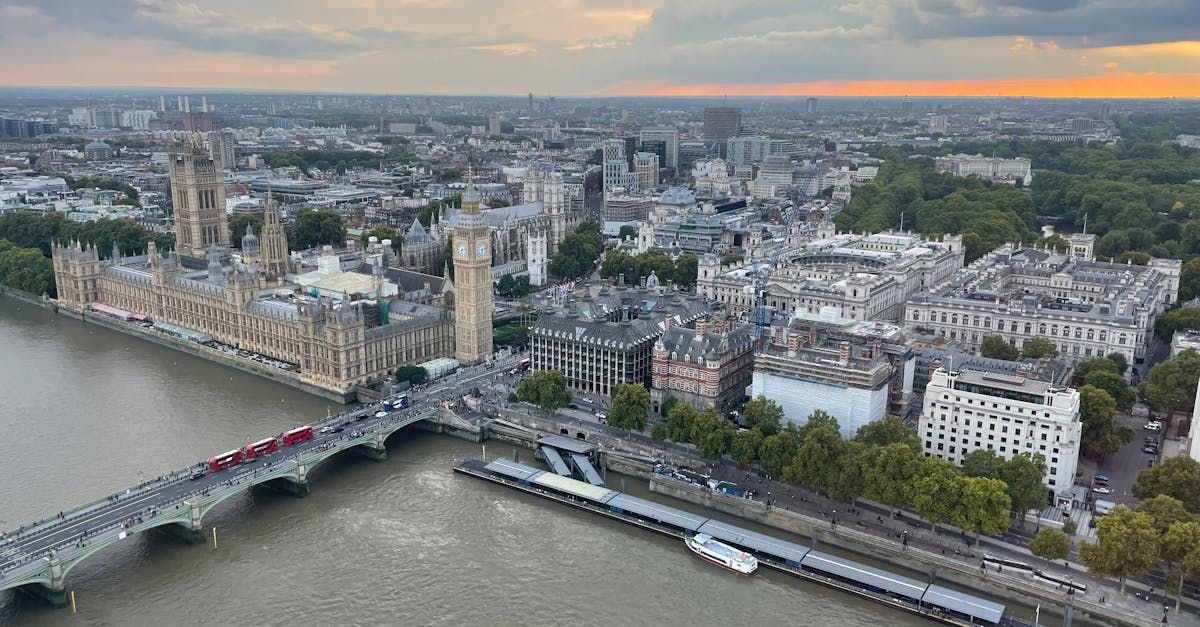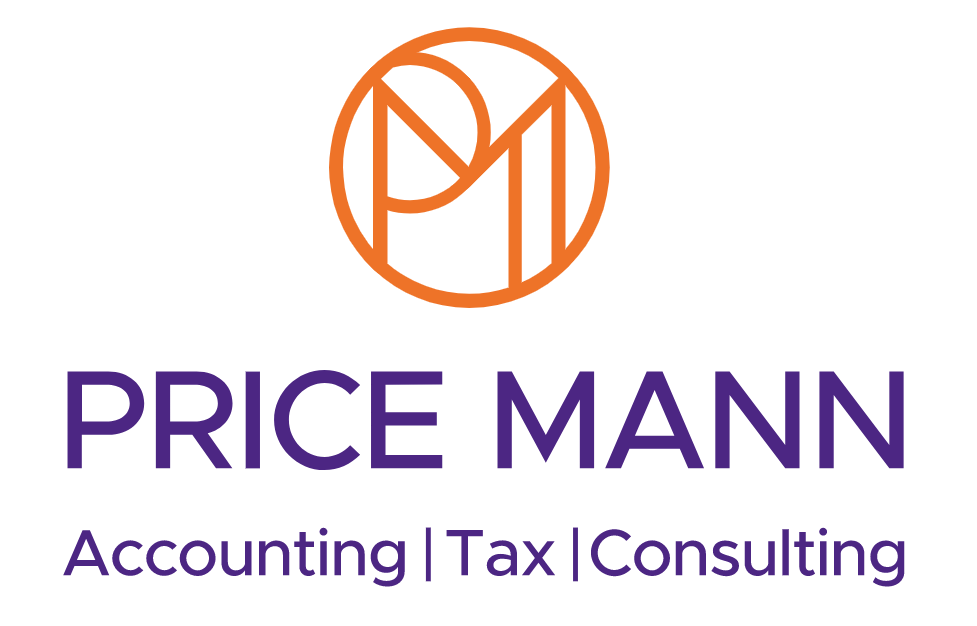By Price Mann
•
01 May, 2024
House prices grow slowly in March Higher mortgage rates affect affordability as the cost of buying a home strains budgets. Nationwide has reported a mixed picture of the housing market. On average, property prices increased 1.6% from March 2023, marking the quickest pace of growth since December 2022. However, a slight dip of 0.2% was observed in March compared to February, indicating the first monthly decline since December 2023. This fluctuation comes amid a backdrop of mortgage rates descending from their summertime highs but remaining significantly above the low levels post-pandemic. Despite these rates softening, the cost of buying a home continues to strain budgets. For an individual earning an average salary of around £35,000, mortgage repayments now consume nearly 40% of their take-home pay, underscoring the ongoing affordability challenges within the market. January’s figures showed a 15% drop in mortgage approvals compared to the pre-pandemic era, reflecting the squeeze from elevated interest rates, which have reached a 16-year peak. The Bank of England (BoE) recently kept the key interest rate steady at 5.25% but hinted at potential cuts, with financial forecasts anticipating a decrease to around 4.5% by year end. Nationwide’s analysis, which excludes cash and buy-to-let transactions — accounting for a third of all sales — highlights the affordability pressures dampening market activity and price growth, despite a recent uptick. Talk to us about your finances. Stealth tax freeze threatens income of pensioners 1.6m additional retirees dragged into income tax levy. 8.5m currently paying income tax, up from 4.9m in 2010. New research for the House of Commons has shown that due to the income tax threshold freeze of £12,570 until 2028, an additional 1.6m pensioners will have to pay income tax in the next four years. This is a significant increase from the 8.5m pensioners currently paying income tax, up from about 4.9m in 2010. If the threshold had increased with inflation, it would have reached £15,220 this year and £15,990 by 2027/28. The Department for Work and Pensions reports there are 12.7m state pension recipients, with the Institute for Fiscal Studies noting over 60% now pay income tax, a rise from 50% in 2010. The Resolution Foundation estimates that the tax threshold freeze will make the average tax-paying pensioner £1,000 poorer by 2027/28. Despite cutting national insurance (NI) by 2%, Chancellor Jeremy Hunt and Prime Minister Rishi Sunak’s aspiration to eliminate the tax has raised concerns that pensioners will bear the cost. Both parties have committed to maintaining the state pension triple lock, ensuring it increases annually by the highest of wage growth, inflation or 2.5%. This policy will result in an 8.5% rise in the state pension this month. A Treasury spokesperson said: “Now the economy is turning a corner, we have cut national insurance by a third, meaning that – coupled with above-inflation increases to personal tax thresholds since 2010 – we have saved the average earner over £1,500 compared to what they otherwise would have paid.” Get in touch to discuss your finances. Enhanced child benefit payments set to commence There was a significant uplift for families from 6 April as the annual entitlement for one child was raised. Additional child payments also increased. HMRC has announced that, from 6 April 2024, millions of UK families receiving Child Benefit will see their payments increase. In a move to support households, the Government has raised the annual entitlement for families with one child to £1,331, marking an increase of £83.20. Similarly, payments for additional children will now reach up to £881 per year, with no restriction on the number of children a family can claim for. The revised scheme outlines payments of £102.40 every four weeks (£25.60 weekly) for the first or only child and £67.80 (£16.95 weekly) for each subsequent child. HMRC has streamlined the process for families with existing claims, ensuring continued direct bank deposits without the need for contact. From April 2024, the High Income Child Benefit Charge (HICBC) won’t affect families where the highest earner earns up to £60,000 - up from £50,000. For incomes between £60,000 and £80,000, the benefit reduces gradually, aligning with the HICBC for earnings above £80,000. Parents earning over £50,000 are advised to adjust their Child Benefit claims before April to avoid potential charges for the 2023/24 tax year, while new thresholds apply to claims from April 2024 onwards. Laura Trott, Chief Secretary to the Treasury, said: “We are ending the unfairness in the Child Benefit system, and as a result, 170,000 families will no longer have to pay back Child Benefit, and nearly half a million families will save an average of around £1,300 next year.” Talk to us about your finances. Brexit charges could lead to higher food prices Fees of up to £145 will be charged from 30 April. Small imports such as sausages and cheese are included in the charge. Trade groups have warned of potential increases in food prices following the Government’s announcement of new post-Brexit import charges on EU food and plant products. These charges, known as the common user charge, will affect small imports of items such as sausages, cheese and yoghurt entering through Dover and Eurotunnel at Folkestone. The Department for Environment, Food and Rural Affairs has outlined fees up to £145, effective from 30 April, intended to cover border inspection costs and enhance biosecurity by preventing the import of diseases. These charges will apply to imports arriving in the UK and those transiting through. However, trade groups have criticised the move, arguing it will increase business expenses, raise food prices and possibly reduce consumer choice. The Horticultural Trades Association (HTA) highlighted the announcement’s late timing and expressed concerns over its negative impact on the competitiveness of UK horticulture. It noted that 90% of the association’s growers, predominantly small businesses, import plants at some stage, and many will face the maximum £145 charge. James Barnes, chair of the HTA, said: “This will be a huge new cost burden for many, hitting small- or medium-sized enterprises hard.” The policy feels like it is constructed on the back of an envelope at best, he added. Talk to us about your business.



